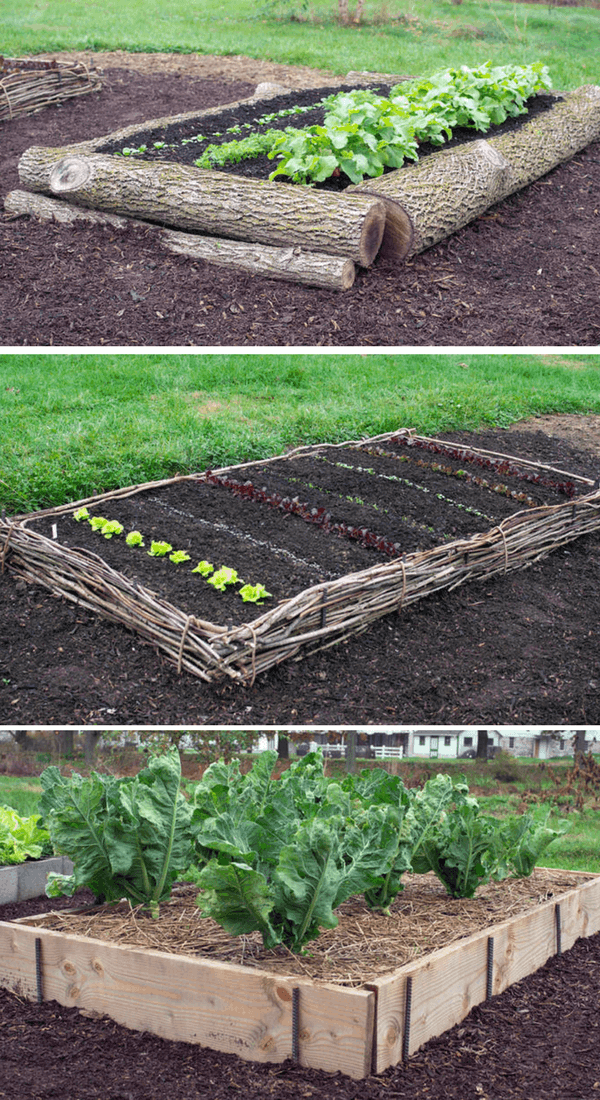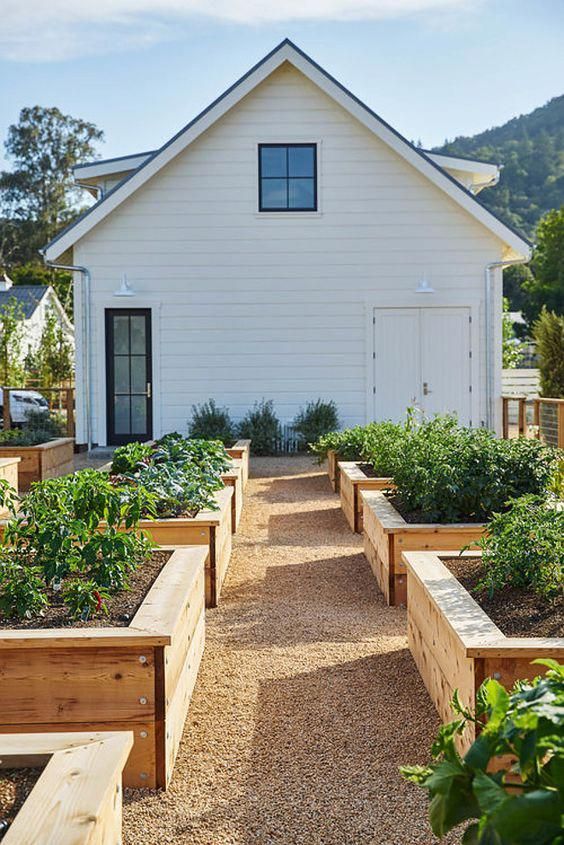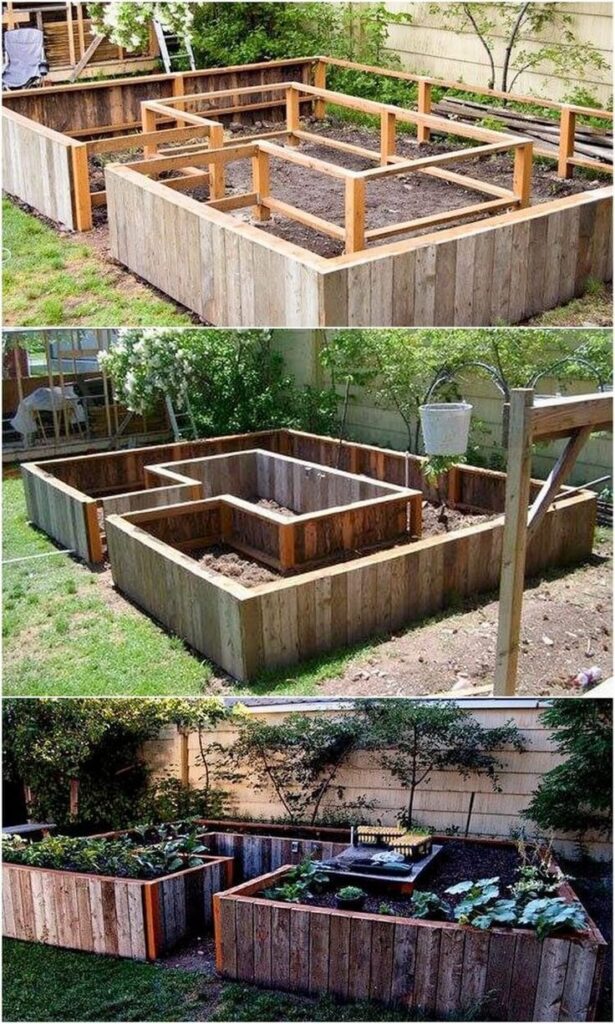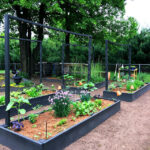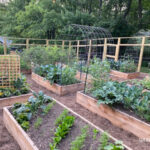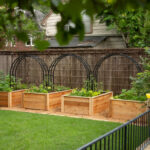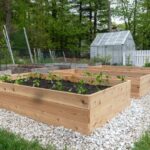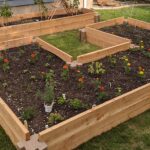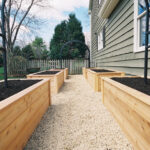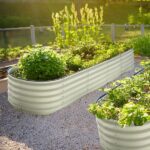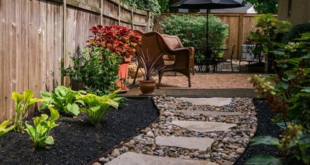Raised garden beds are becoming increasingly popular among home gardeners. These elevated gardening plots offer a range of benefits, from better soil quality to easier maintenance. By elevating the garden bed, gardeners can customize the soil composition and drainage to meet the specific needs of their plants.
One of the key advantages of raised garden beds is improved soil quality. By filling the bed with a custom mix of topsoil, compost, and other organic materials, gardeners can create the ideal growing environment for their plants. This nutrient-rich soil promotes healthy root growth and helps plants thrive throughout the growing season.
In addition to better soil quality, raised garden beds also offer improved drainage. The elevated design allows excess water to drain away more easily, preventing waterlogged soil and root rot. This is particularly beneficial in areas with heavy rainfall or clayey soil, where traditional garden beds may struggle to properly drain excess water.
Another benefit of raised garden beds is their ease of maintenance. Because the bed is elevated, gardeners can tend to their plants without bending or stooping. This makes planting, weeding, and harvesting much more comfortable and efficient, reducing strain on the gardener’s back and knees.
Raised garden beds are also a great option for gardeners with limited space. The compact design allows for more efficient use of space, making them ideal for small yards, patios, or balconies. They can even be built on top of existing soil or pavement, creating a portable garden that can be moved easily if needed.
Overall, raised garden beds offer a range of benefits for home gardeners, from improved soil quality to easier maintenance and space efficiency. Whether you’re a seasoned gardener or just starting out, consider incorporating raised garden beds into your gardening routine for a more productive and enjoyable growing experience.
 yishifashion Where Outdoor Dreams Become Reality
yishifashion Where Outdoor Dreams Become Reality
